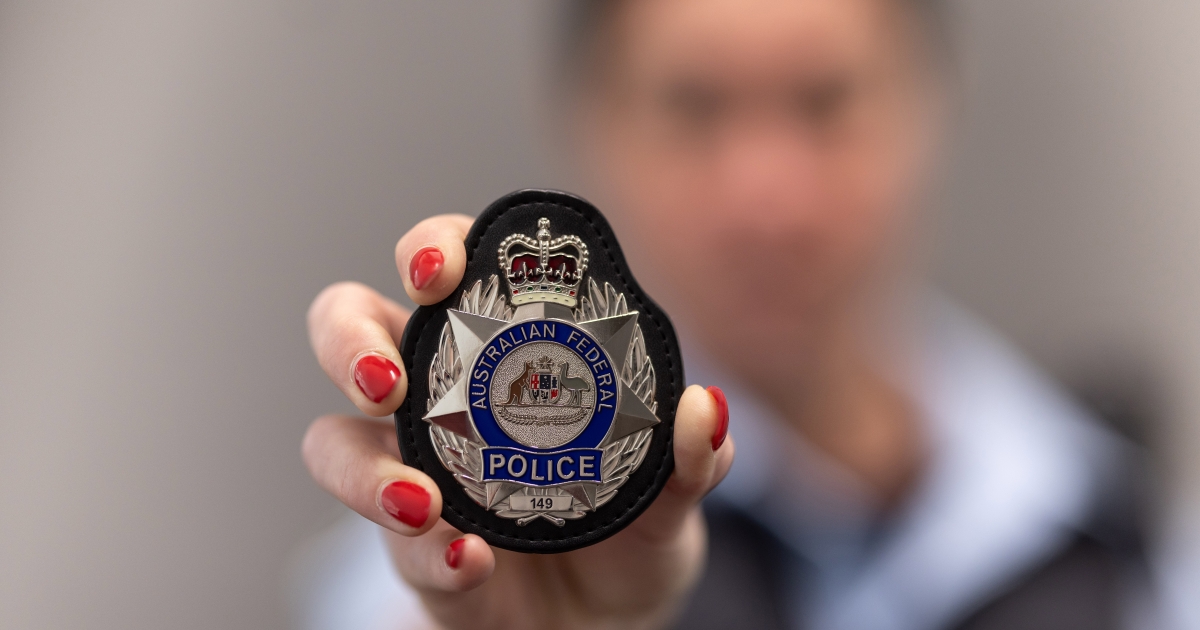A collaborative project involving the University of Sydney, the Centenary Institute, the University of Technology Sydney and the Kirby Institute at UNSW Sydney, has received funding from the Medical Research Future Fund (MRFF) to continue work on the development of a unique, single-shot vaccine against COVID-19 variants of concern.
The MRFF grant, worth $1.6 million, will allow the research team to undertake late-stage pre-clinical assessment of their protein based vaccine candidate. The aim is to be able to fast-track the candidate for testing in human trials.
“We’ve developed a unique, single-shot vaccine that in pre-clinical testing elicits potent SARS-CoV-2 specific immunity,” said lead investigator on the project Professor Jamie Triccas from the Faculty of Medicine and Health and the Charles Perkins Centre at the University of Sydney, and also Centenary Institute affiliate.
“The vaccine is new and built on safe and well-characterised vaccine components that are cost effective to manufacture and don’t require ultra-cold chain storage.”
“In particular, we have partnered with ExcellGene to develop a highly effective form of the SARS-CoV-2 spike antigen in our vaccine, using technology that permits rapid scale up of antigen production. Antigens are the critical triggers that induce the immune response in the body.”
“Ensuring a diverse, rapid and global vaccine supply to combat emerging variants will be necessary to end the global COVID-19 pandemic,” said Professor Triccas.
Dr Claudio Counoupas, research scientist at the Centenary Institute and Chief Investigator on the project said that they had rapidly updated their vaccine candidate to incorporate the spike antigen from the B.1.351 (South African) variant of COVID-19.
“We’re hopeful that our vaccine may offer broader protection than first generation vaccines against emerging, highly transmissible SARS-CoV-2 variants. This is key as we’re already aware that the B.1.351 variant of COVID-19 is able to avoid both natural and vaccine-induced immunity,” said Dr Counoupas.
Professor Phil Hansbro, Director of the Centenary UTS Centre for Inflammation and also a Chief Investigator on the project noted that a key research focus would be to determine both efficacy and safety of the vaccine candidate.
“We will be determining the optimal formulation of the vaccine candidate for maximal immunity as well as assessing vaccine tolerability and safety levels.”
“We will also be looking at developing a suite of vaccines specifically targeting other emergent SARS-CoV-2 variants as they arise,” said Professor Hansbro.
[






